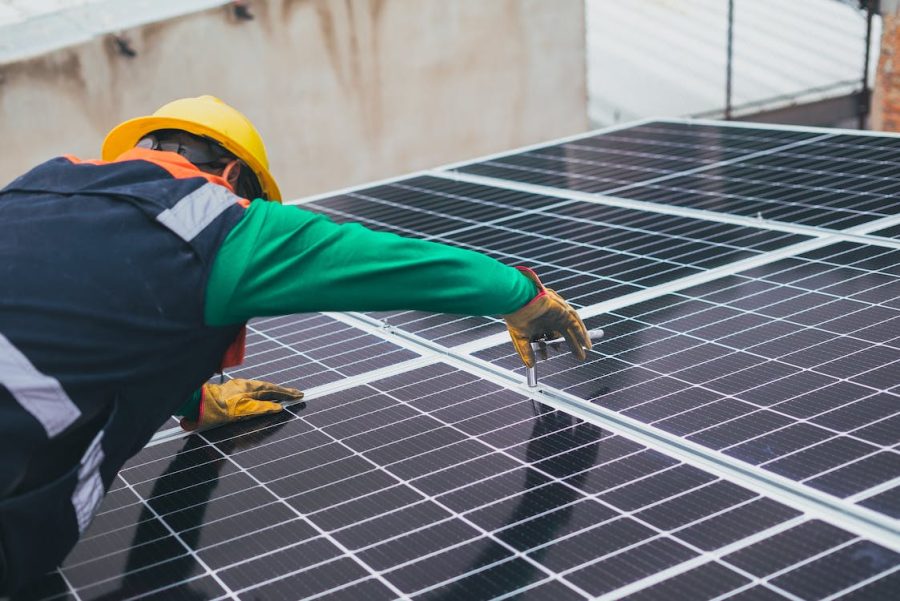Nigeria has emerged as Africa’s second-largest solar importer after a record surge in solar panel shipments across the continent, according to new data from energy think tank Ember.
In the 12 months to June 2025, Nigeria imported 1,721 MW of solar panels, overtaking Egypt and trailing only South Africa.
Across Africa, solar imports rose 60% year-on-year to reach 15,032 MW, compared to 9,379 MW in the previous 12 months.
The continent’s solar uptake is broadening, with 20 countries setting new import records and 25 countries importing at least 100 MW, up from 15 a year earlier.
Solar growth beyond South Africa
According to the report, while South Africa led Africa’s solar push during its 2023 power crisis, the latest wave of imports has been driven by other countries.
- Algeria imported 1,199 MW in the past year, while nations like Zambia, Botswana, and Sudan recorded exponential growth rates.
- Smaller economies, including Liberia, Benin, Angola, and Ethiopia, also more than tripled their solar panel imports.
Potential impact on electricity systems
If fully installed, Ember estimates these imports could significantly boost electricity supply in many African countries.
In Sierra Leone, recent imports alone could generate electricity equal to 61% of its 2023 output, while Chad could see a 49% increase.
- For Nigeria, the gains may not shift generation percentages dramatically due to its larger energy base, but the savings on diesel use are substantial.
- The report notes that the cost of a solar panel in Nigeria can be recouped in less than six months by avoiding diesel expenses.
- This makes solar an attractive alternative for businesses and households struggling with soaring energy costs and high reliance on generators.
Petroleum still dominates imports
Despite the surge, solar panels remain small compared to petroleum imports. Ember’s analysis shows that in nine of Africa’s top 10 solar importers, refined petroleum imports outweighed solar by a factor of 30 to 107 times.
In Nigeria, this highlights how much ground renewables must cover before reshaping the country’s import bill and energy mix.
Chief Analyst at Ember, Dave Jones, called the surge in solar adoption across Africa a “pivotal moment” but warned that more research is needed to track its long-term impact.
“This surge is still in its early days. Change happens quickly. The first evidence is here, but much more research and reporting are needed to understand the rapid rise in solar across Africa,” he said.
What you should know
The report on solar import comes amid an ongoing debate over Nigeria’s plans to ban importation of solar panels.
- The Minister of Science and Technology, Uche Nnaji, had at a recent event in Abuja announced plans by the federal government to stop the importation of solar panels as part of efforts to boost local production and drive Nigeria’s clean energy transition.
- The proposed policy shift, reportedly aimed at boosting local production and reducing dependence on foreign-made solar components, is part of a broader push by the President Bola Tinubu administration to promote industrialisation, conserve foreign exchange, and support domestic enterprises in line with the renewed hope agenda.
- However, industry experts have condemned the plan, warning that it could worsen Nigeria’s energy crisis.















